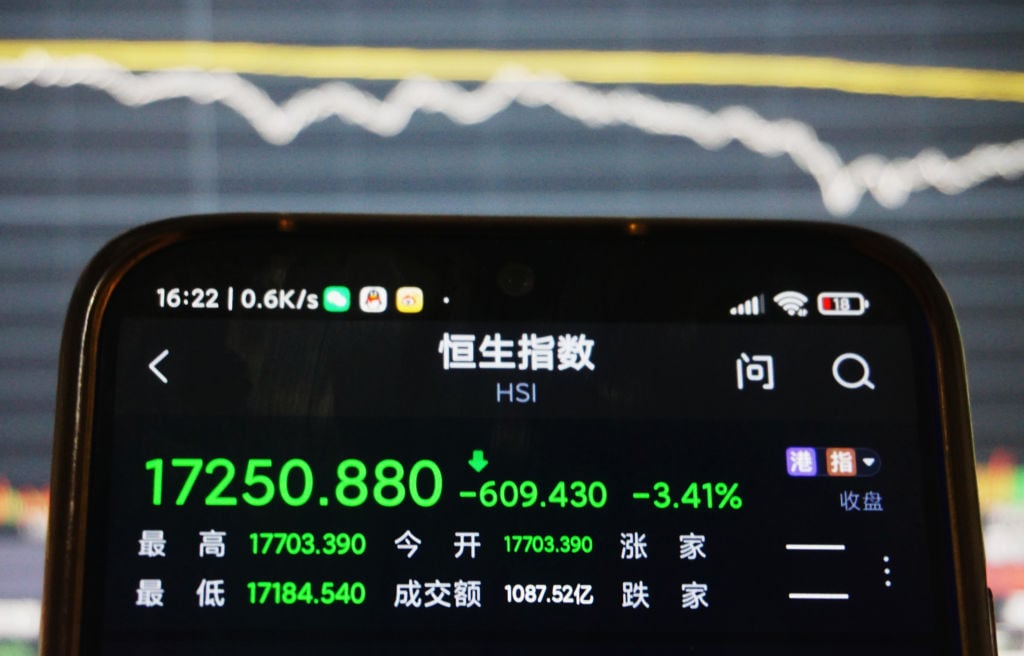The impetuous rally of the 50% made the title of HSBC Holdings, listed on the Stock Exchange Hong Kong (Hang Seng), the most overbought of the last three decades. Investors are piling on the retail bank’s shares on brighter prospects for the region following China’s reopening.
The stock’s 14-day Relative Strength Index (RSI) edged up to 90, well above the 70 mark that indicates an asset is overbought. This is the highest reading for stocks listed on Hong Kong of HSBC in Bloomberg data dating back to 1986 and places the stock’s RSI at the top of the index Hang Seng of 76 members.
Hong Kong financials have rallied since October, buoyed by prospects for higher demand for loans and investments following the end of China’s Zero Covid policy era. HSBC shares rode the momentum this week, hitting a high of 11 months from the October 12 low.
The reopening of the borders between the mainland and Hong Kong could unlock up to 750 million dollars of property revenue for HSBC, which views the city as its primary source of income, he wrote in a statement Benjamin TomsRBC Capital Markets analysts.
The strategy of using the Relative Strength Index to trade HSBC has not always been promising, according to calculations by Bloomberg. Investors who sold short the stock when its RSI exceeded 70 and then bought it back when the index was below 30 would have lost 60% over the past five years.
Shares of the London-based lender had plunged to a two-year low as of October 2022 on concerns about a slow recovery in dividend payments and rising provisions following exposure to China.
HSBC has also come under pressure from its largest shareholder, Ping An Insuranceto spin off its Asian operations, a move the bank has rejected.
However, according to analysts, the potential upside in share prices from here looks more modest. Analysts expect an average gain of 13% over the next 12 months, according to Bloomberg estimates.
Read also: China GDP +3% in 2022, better than estimates. Covid is holding back expansion, but Beijing is now aiming for reopening
